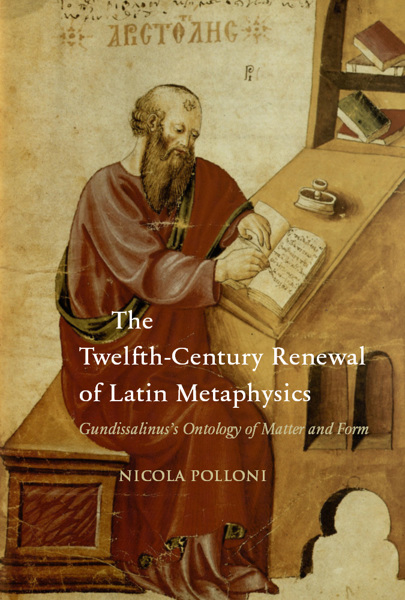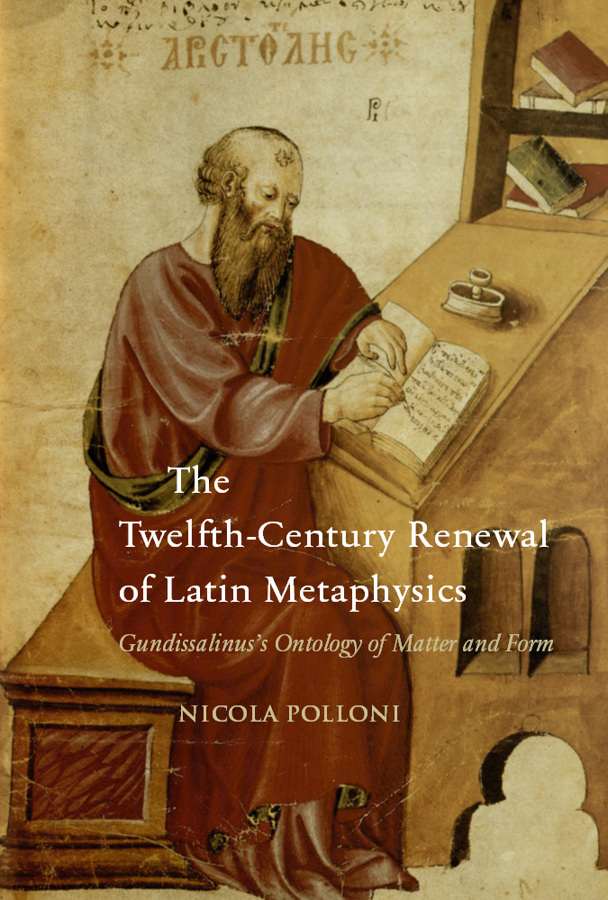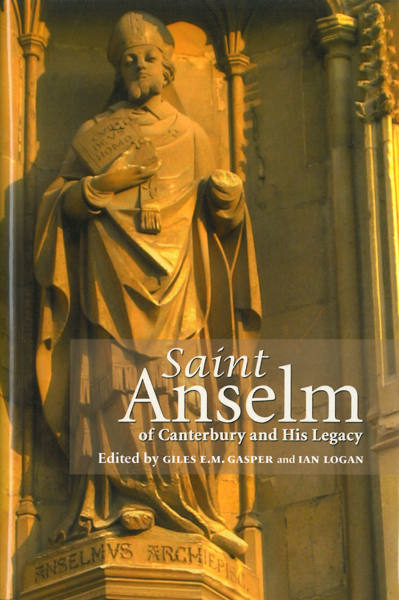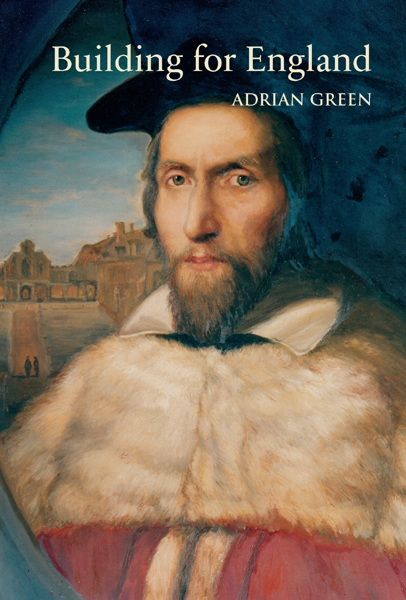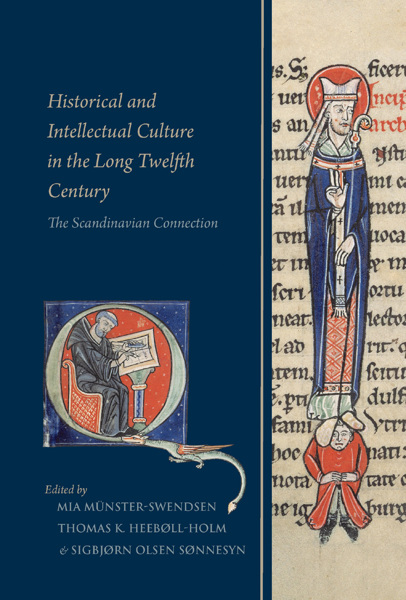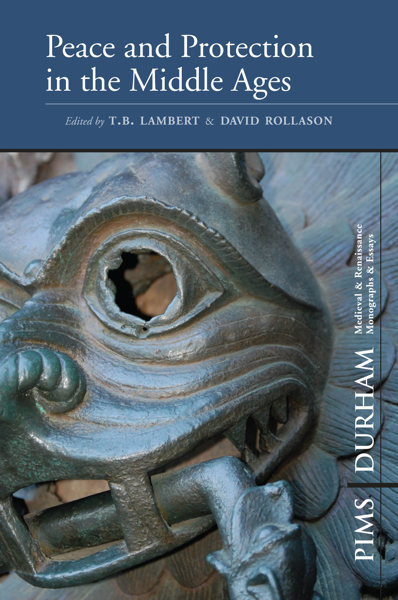
The Twelfth-Century Renewal of Latin Metaphysics: Gundissalinus’s Ontology of Matter and Form
Nicola Polloni
- Pages: xiii + 318 p.
- Size:152 x 229 mm
- Language(s):English
- Publication Year:2020
- € 95,00 EXCL. VAT RETAIL PRICE
- ISBN: 978-0-88844-865-1
- Hardback
- Available
Medieval metaphysics is usually bound up with Scholasticism and its influential exemplars, such as Aquinas and Duns Scotus. However, the foundations of the new discipline, which would reshape the entire edifice of Western philosophy, were established well before the rise of Scholasticism through an encounter with the Arabic philosophical tradition. The Twelfth-Century Renewal of Latin Metaphysics uncovers what rightly should be considered the first attempt to construct a metaphysical system in the Latin Middle Ages in the work of Dominicus Gundissalinus.
A philosopher and translator who worked in Toledo in the second half of the twelfth century, Gundissalinus elaborated a fascinating metaphysics grounded on a substantive revision of the Latin tradition through the work of Avicenna, Ibn Gabirol, and al-Farabi. Based on a series of structural dualities of being that express the ontological difference between the caused universe and the uncaused creator who lies beyond any duality, it was to prove original and far-reaching. With Gundissalinus we witness the first Latin appropriation of crucial doctrines, like the modal distinction between necessary and possible existence, formal pluralism, and universal hylomorphism. This study thoroughly analyses Gundissalinus’s revisionary interpretation of his Latin and Arabic sources, paying particular attention to the "unlikely blending" of Ibn Gabirol’s universal hylomorphism and Avicenna’s modal ontology which became the cornerstone of his metaphysics.
